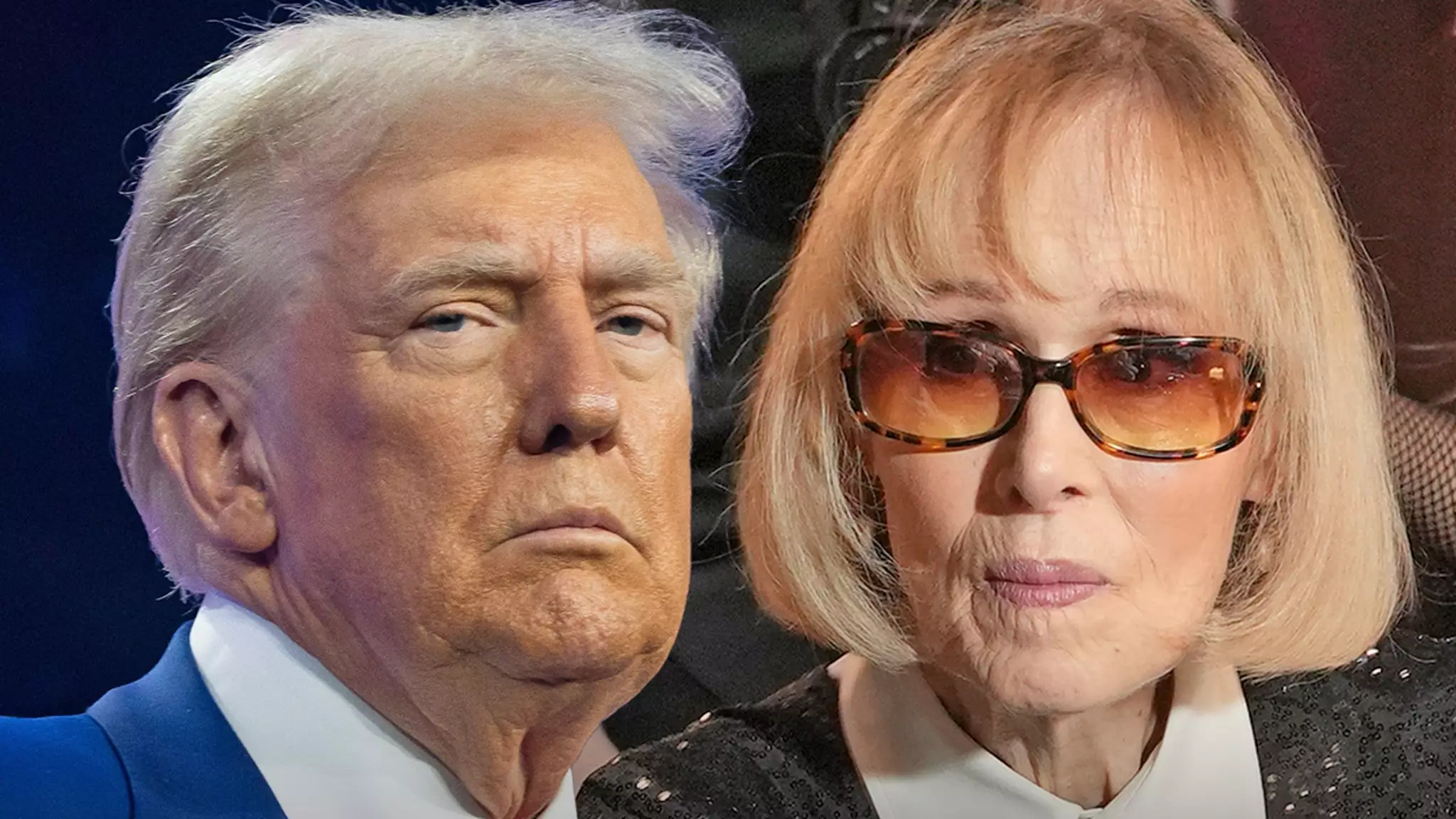In a significant legal ruling, Donald Trump’s ongoing tumult with the judicial system has taken a turn that continues to reverberate across the nation. The United States Court of Appeals for the Second Circuit recently upheld the $5 million judgment awarded to E. Jean Carroll, a woman who accused Trump of sexual abuse, affirming the jury’s findings. This development not only reinforces the jury’s initial verdict but also sheds light on the broader implications of Trump’s seemingly perpetual legal challenges.
The court’s decision emphasized that the lower court exercised proper discretion in evaluating all pertinent evidence presented during the trial, showcasing the robustness of Carroll’s claims. Importantly, the appellate court dismissed Trump’s pleas for a retrial, asserting that even perceived judicial errors would not have fundamentally altered the outcome. This judgment emerges from a case rooted in allegations of assault that reportedly occurred in the early 1990s—a time long before Trump’s presidency but fresh enough to provoke a current discourse on accountability and justice.
In addition to the substantial damages awarded for sexual abuse, Trump is facing a separate $83.3 million defamation verdict associated with Carroll’s claims. The complexity of these rulings indicates a trend wherein legal proceedings against influential figures can generate significant financial repercussions. This duality underscores a compelling narrative about the interplay between truth, power, and the media’s role in shaping public opinion.
The origins of this legal dispute date back to Carroll’s assertions that Trump assaulted her in a department store changing room, an incident he continues to vehemently deny. The case stands not only as a personal confrontation but as a stark reminder of the ongoing societal struggles against sexual violence and the rights of survivors to seek justice, regardless of the accused’s prominence.
Trump’s representatives, however, have portrayed the legal proceedings as politically motivated. Spokesperson Steven Cheung labeled Carroll’s lawsuit as part of a series of ‘Witch Hunts’ aimed at undermining Trump’s political standing. This narrative plays well among his supporters, who often view the judicial system as an instrument wielded against them. In their view, these legal challenges are more than mere court battles; they signify an attempt to delegitimize Trump’s political influence.
The intermingling of legal woes and public perception raises the question of how much court verdicts can impact the political capital of a figure as polarizing as Trump. The staunch support he continues to enjoy from a significant portion of the American electorate suggests that for many, the legal implications are overshadowed by their political allegiance.
As E. Jean Carroll’s legal journey continues, it reflects broader themes of accountability in the face of power. The appeal process that Trump plans to pursue reveals a persistent cycle in which the reckoning of alleged misconduct collides with the defense of political might. Both parties are entrenched in a battle that is as much about justice and integrity as it is about public image and political capital.
Roberta Kaplan, Carroll’s attorney, has expressed satisfaction with the ruling, signifying a degree of hope for those advocating for survivors’ rights. Nevertheless, as Trump navigates these legal complexities, the outcome remains to be seen—not just for him, but for the wider implications it holds on the perception of safety, justice, and the unyielding spirit of those who dare to speak out. The current legal landscape is a microcosm of a larger societal debate that transcends anger and validation, urging all to reconsider what accountability truly means.

